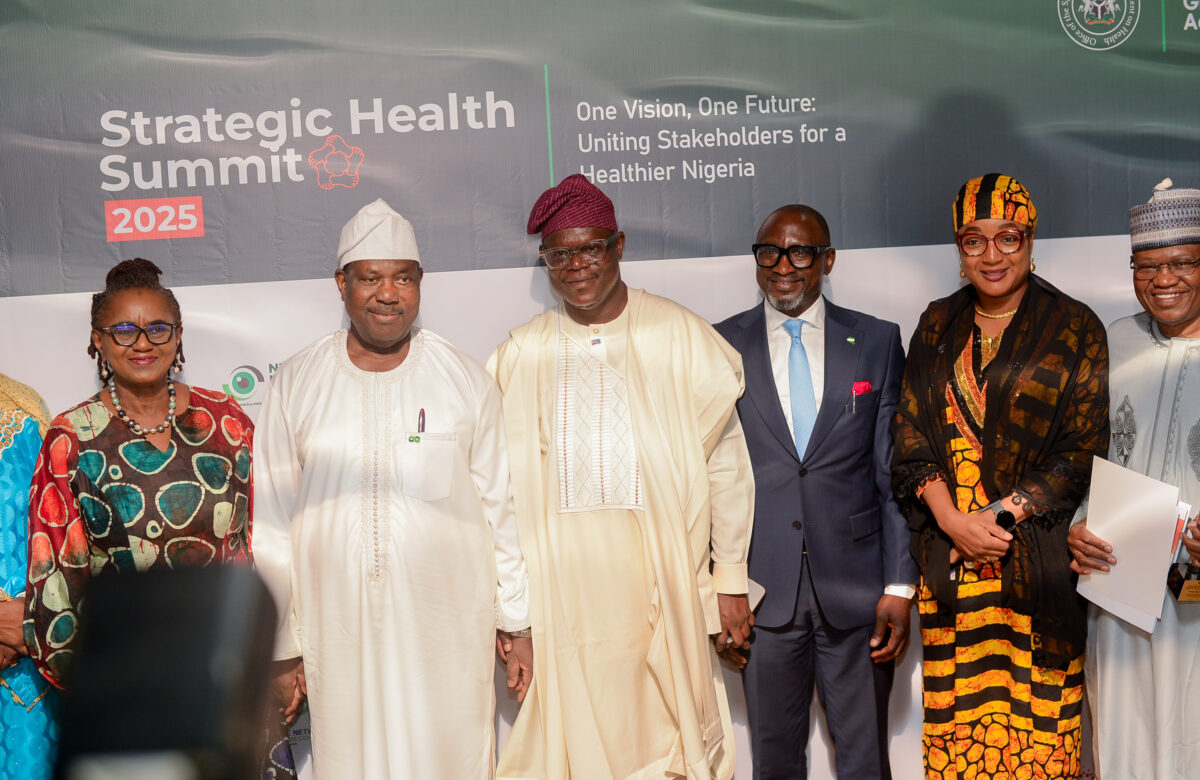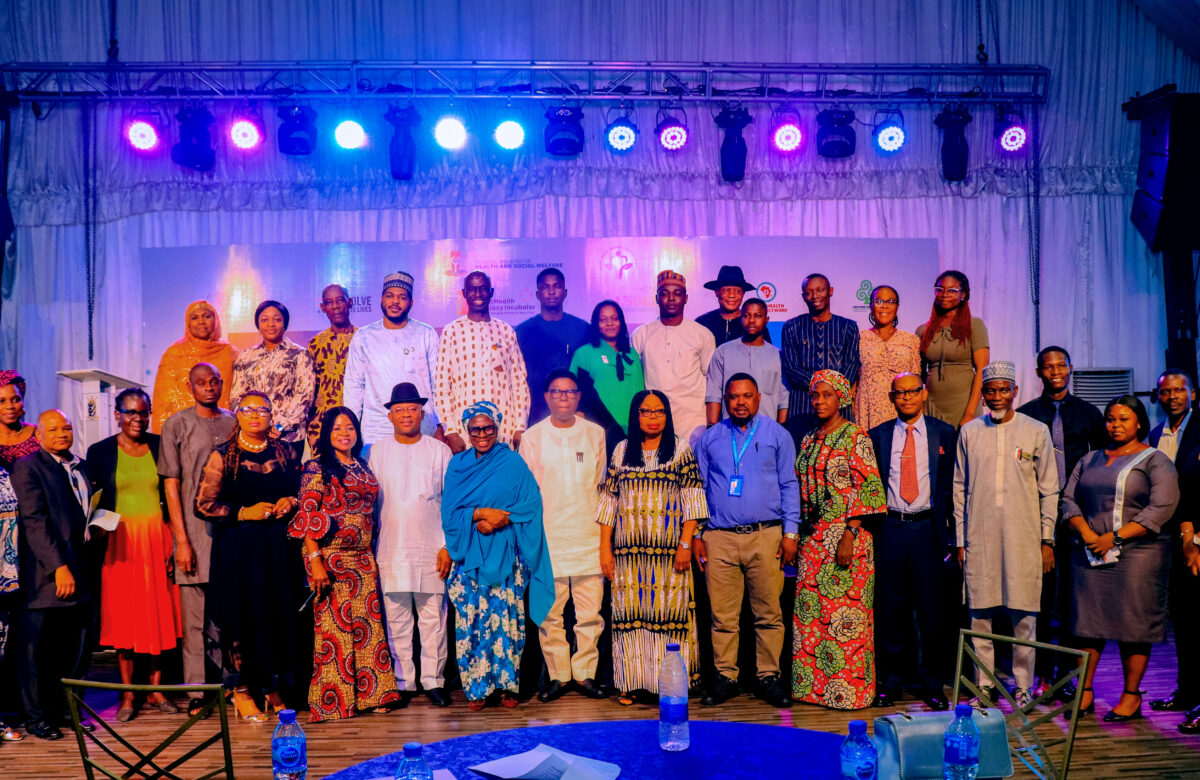
New WHO Hub will enable better preparedness for pandemics — Ihekweazu
- Health SectorHealth Security
- No Comment
- 269

The Assistant Director General of Health Emergency Intelligence of the World Health Organisation’s Hub for Pandemic and Epidemic Intelligence, Dr Chikwe Ihekweazu, has said that the hub will allow nations to be better prepared for future pandemics.
Ihekweazu, an epidermiologist and Director General, Nigeria Centre for Disease Control, NCDC, told the British Medical Journal, BMJ, that the Berlin-based hub funded with an initial $100 million from the German government, was designed to enable all countries to work together more.
“On reflection, there are a lot of things that happened at the beginning of the outbreak that if we had fully understood, we could have prepared better. For instance, travel patterns, potential for transmission — if we could combine airline data with virulence data and different data sources on a global level, we could potentially have been better equipped to say what was happening and how to respond.
“You can’t build those systems in the middle of a storm. You need the storm to recede a bit. Covid hasn’t gone away, but there is some light at the end of the tunnel and now is the time to use those lessons to start building the system for the future,” he remarked.
On the novelty of the Hub, Ihekweazu explained: “There have been many approaches to collecting data and making decisions, but they’ve been developed in a disease specific way. We’ve got great flu surveillance systems, great tuberculosis surveillance systems, but not necessarily systems that aren’t for specific diseases. “One of the components of this hub is that it needs to be disease agnostic. If you think about systems that have been built in other sectors that work with uncertainty—weather forecasting systems, the systems around earthquakes—these are much further developed in the use of different data points to improve decision making. What often happens is that decisions taken at the beginning of an event are not as specific as we would like them to be.”
“Ultimately, public health decisions are often political decisions so we can’t necessarily ensure that the right decisions are made. There are many decisions being made right now that we have enough data on to make them different. If you look at vaccine distribution, it’s not about whether you have good data or don’t, it’s about the political courage to make the right decisions.”
On why he took on the role, Ihekweazu said: “It’s a great opportunity to take a lot of the lessons from this pandemic response to tackle what we all recognise is one of the biggest challenges of our lifetime. It’s a rare privilege to be part of a potential solution to such a big problem that none of us could even imagine solving on our own.
“We really need collective intelligence. My role is to find a way of attracting those people together, to work in a way where our collective best interest outweighs any personal interest.
“I’m excited about the opportunity. There’s often a lot of skepticism about our ability to work together. I think we all have a responsibility to provide an alternative narrative.”
Sola Ogundipe
Vanguard
Read more: https://www.vanguardngr.com/2021/10/new-who-hub-will-enable-better-preparedness-for-pandemics-ihekweazu/




